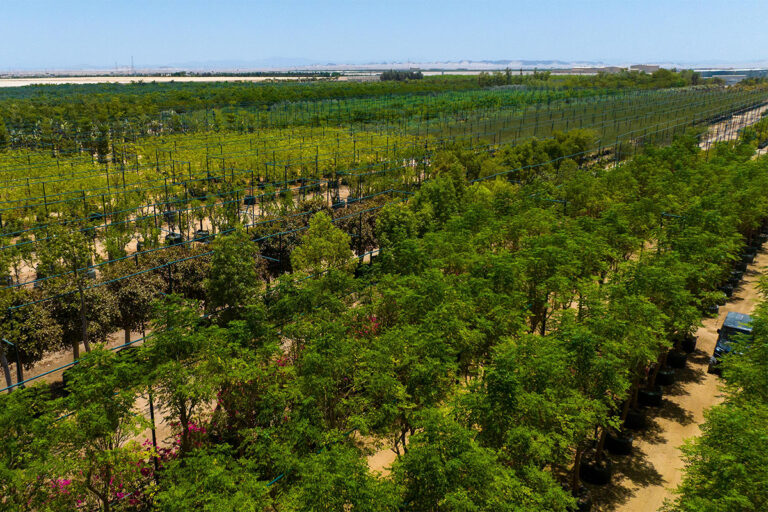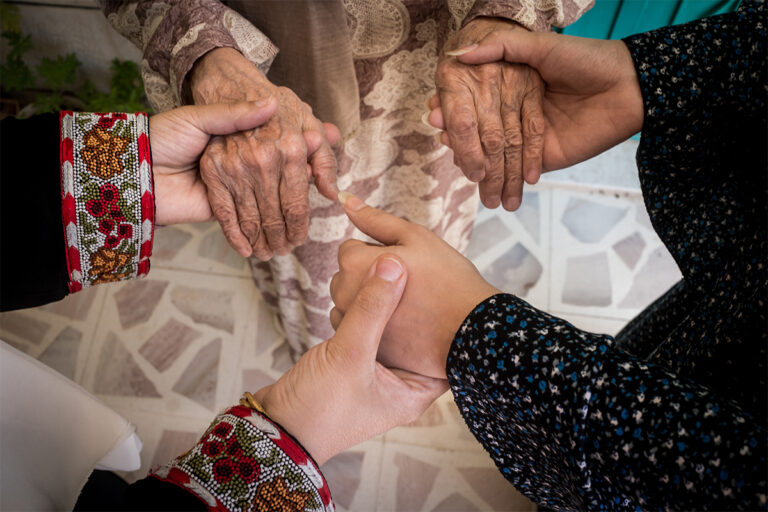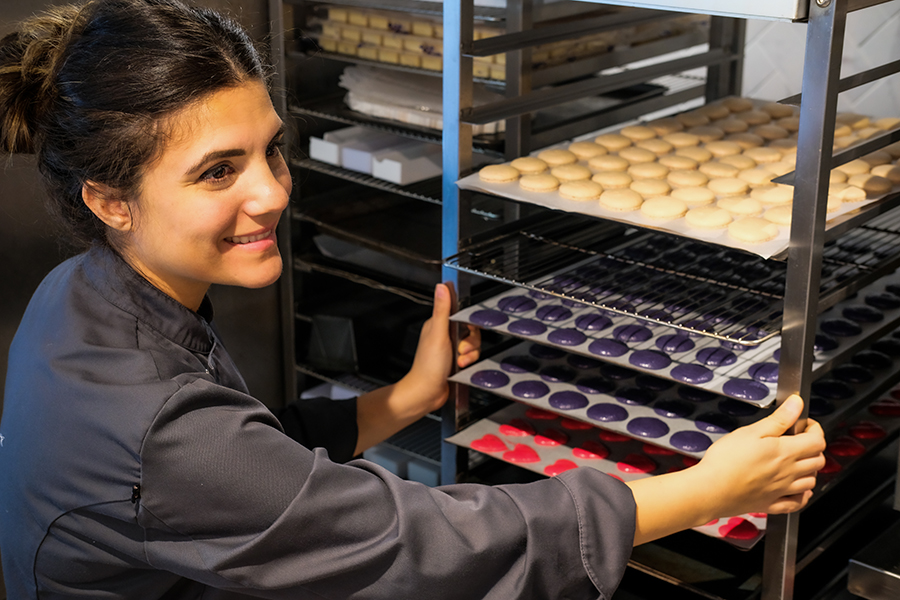
Pastry chef and restaurateur Mayada Badr is one of the brightest stars of Saudi Arabia’s new culinary scene. Leaving behind a career in design to study at culinary school in Paris and start her own pastry business in Jeddah, Mayada’s story is an inspiration for other chefs and entrepreneurs across the Kingdom.
No country in recent years has undergone such a rapid food transformation as the Kingdom of Saudi Arabia.
While flatbreads, dates, yogurt drinks, and classic Bedouin dishes such as kabsa—chicken, basmati rice, and spices—remain the much-loved staples of the Saudi diet, a new breed of restaurateur is now emerging, fusing age-old traditions with modernity and giving contemporary twists to local favorites like margoog (lamb stew) and mugalgal (a celebratory meat dish usually cooked for the festival of Eid).
Meanwhile, the busy malls of Riyadh and Jeddah are packed with office workers discovering new flavors from far afield. As the Kingdom opens up to outside investment and influence, entrepreneurs in the hospitality industry are seizing the opportunity to provide Saudis with exotic culinary experiences from around the world.
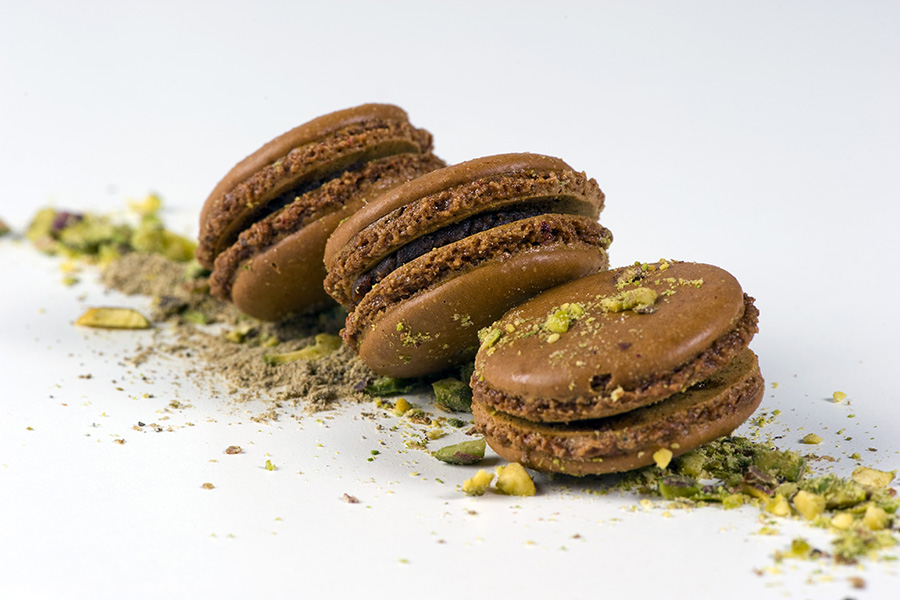
In a reflection of just how fast life is changing for women in the country, many of this new generation of restaurant owners are young female entrepreneurs who are relishing the chance to transform their passion for cuisine into successful businesses. “Women in Saudi Arabia are more experimental and more willing to take risks than men, who tend to pursue more traditional careers,” says Mayada Badr, the owner of Pink Camel, Saudi Arabia’s most celebrated high-end pastry boutique.
After studying at the Cordon Bleu culinary school in Paris and gaining experience at a Michelin-starred restaurant near Cannes, in 2012 Mayada opened the groundbreaking Pink Camel in the city of Jeddah, on the Red Sea.
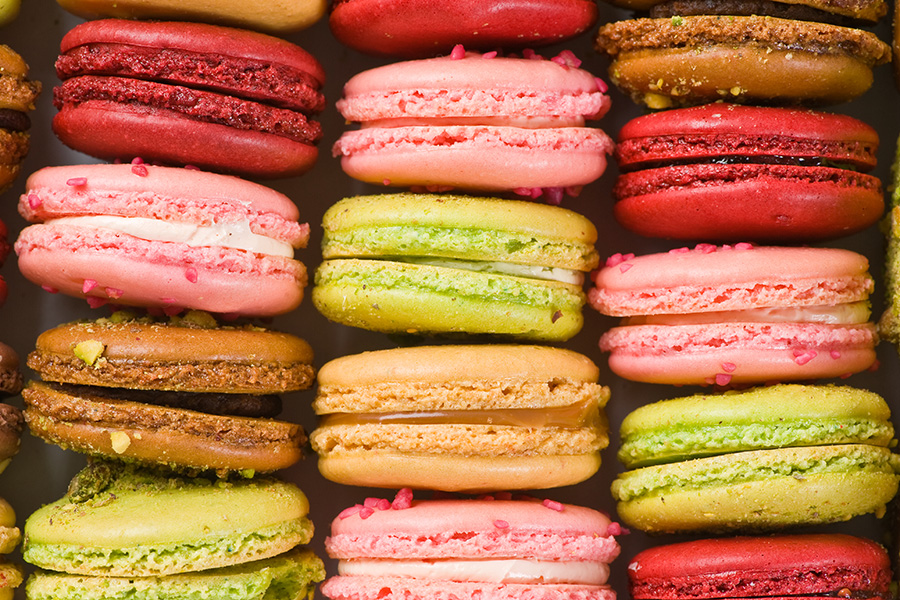
The pastry shop’s handcrafted macarons and cakes have made the Pink Camel name synonymous with culinary creativity across Saudi Arabia, and Mayada has become an inspiration for entrepreneurs both male and female.
Making good use of her strong presence on social media, Mayada and her partners recently opened a restaurant, Black Cardamom, that brings seasonal local produce from Saudi farmers straight to the plates of diners in Jeddah, replacing imports with food grown on nearby farms.
“I have always loved food and cooking for others. It is one of the simplest and oldest expressions of love”
Mayada Badr
Mayada’s passion for authentic cuisine is inspiring other young Saudis to follow their dreams of opening a restaurant. “Now that Saudi Arabia is changing so fast, I want to help a new generation of Saudi men and women learn culinary skills and grow their own restaurant businesses,” she says.
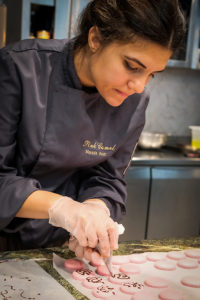
Q&A with Mayada Badr
When did you decide to pursue your dream and become a pastry chef?
I have always loved to eat. When I discovered salted caramel macarons in France, I decided to bring them to Saudi Arabia. I started cooking them at home, packaging them, and sending them to friends. Soon I was getting calls from people who wanted to become customers. That is when I left my job in advertising and went to Paris to study at Le Cordon Bleu Culinary Academy.
How did your family react to your decision?
At the time, chefs were not the rock stars they are today. My parents did not look upon my choice favourably initially as they were keen for me to study for a master’s degree. But it was what I wanted to do—I wanted to open restaurants and discover all the ins and outs of the culinary world. The reaction from the men in my family was interesting at that time. Men believe they need to be stable, secure, and dependable. My brother told me he was envious of the fact that I could pursue my dream and do what I love, whereas he could not take that risk because of the pressure to provide. Since culinary school, I have met a lot of men who are doctors, lawyers, and dentists who look at my career path with admiration and take inspiration.
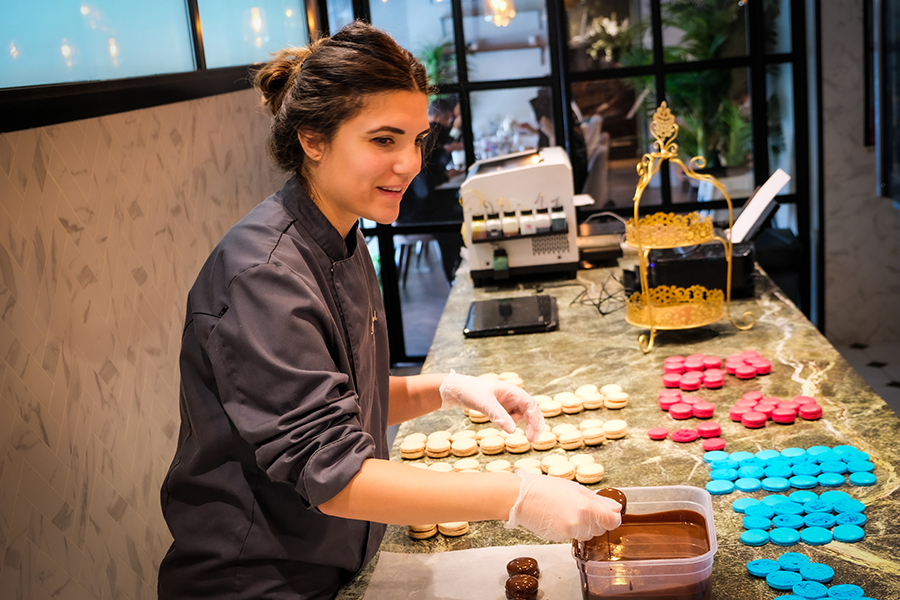
How easy is it to be a female entrepreneur in Saudi Arabia?
It was an advantage for me to be a female entrepreneur as everyone wanted to help us succeed. We are experiencing an amazing transition. It is a cultural revolution. Men and women are starting to work together and share open spaces.
When my daughter was born, I thought she would never drive. Now I am driving and she will never even remember that I was not allowed to drive. Women are becoming much more independent. I can go to a soccer match in the stadium and take my daughter with me. Seeing the change here and feeling the hope and the potential is inspiring.
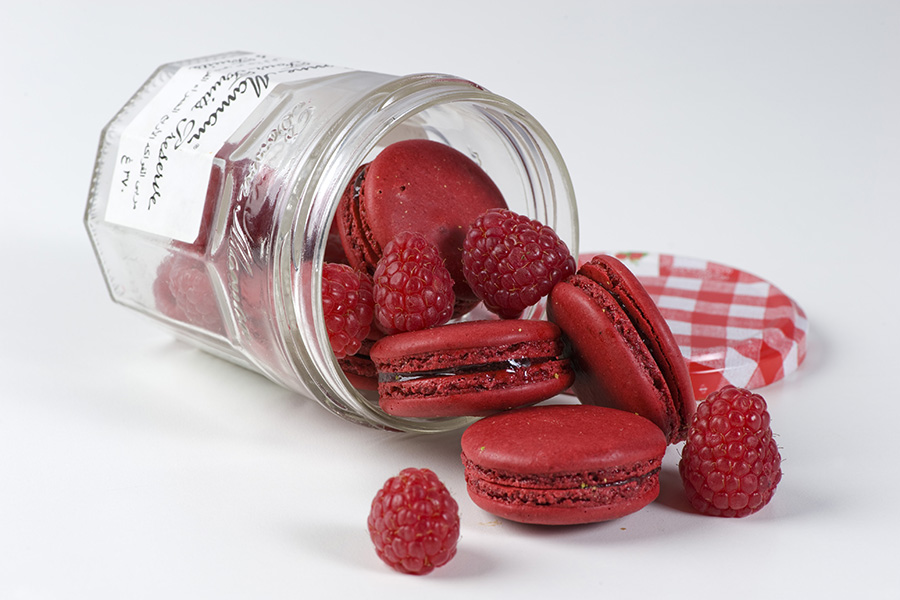
How is the culinary sector changing in Saudi Arabia?
The government is supporting chefs and is sharing our food culture internationally. Saudi restaurants are sourcing more locally and more sustainably. Young chefs are using homegrown food from Saudi farmers.
A new Saudi-fusion sector is developing and is beginning to attract international attention. For people looking for more authentic food experiences, Saudi Arabia is the place to come![]()
As published in FORTUNE magazine






